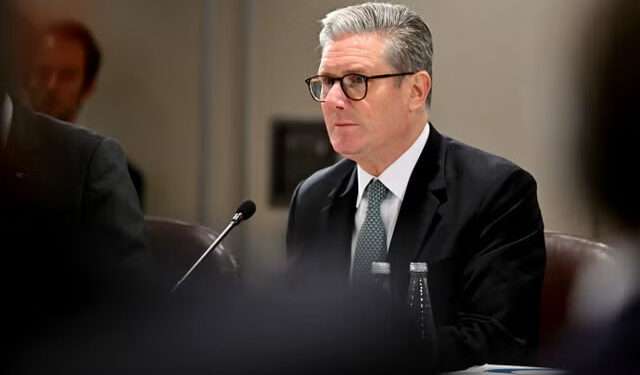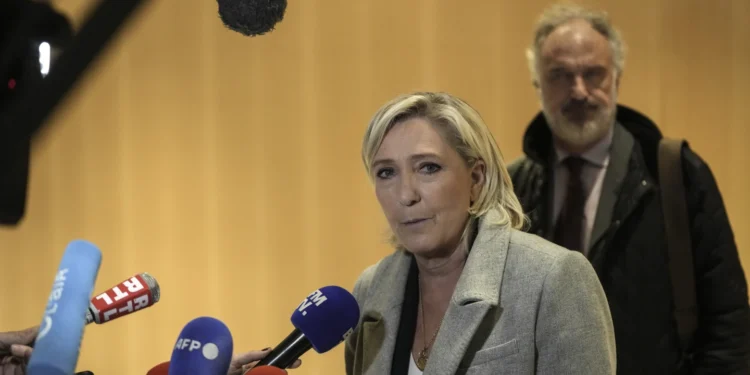As Ghana navigates its path towards economic recovery, the country’s financial landscape has been a subject of intense scrutiny and debate. The recent measures taken to stabilize the Cedi and control inflation have been commendable, but according to Professor Bokpin, a distinguished professor of finance at the University of Ghana, these efforts need to be complemented with sustainable strategies to ensure long-term economic stability and growth.
Ghana’s economic journey over the past year has been marked by significant challenges, including high inflation rates and a depreciating local currency, the Cedi, against the US Dollar. Prior to securing the $3 billion loan-support program from the International Monetary Fund (IMF), Ghana’s inflation rate stood at a staggering 54.1% in December 2022.
However, through various interventions, the Central Bank managed to reduce this figure to 23.2% by December 2023, although it has since risen slightly to 25.8% as of March 2024. The Cedi also experienced a cumulative depreciation of 9% between February and December 2023.
“The gains made so far are quite fragile, so we must work hard to consolidate it beyond the expiration of the IMF programme by being disciplined and efficient with our expenditure as we’re in an election year,” Professor Bokpin noted.
To achieve long-term economic stability, Professor Bokpin called for a comprehensive review of the country’s economic policies and strategies. He highlighted the importance of developing a medium-to-long-term strategy that ensures macroeconomic credibility and trust beyond the IMF program. This includes being disciplined and efficient with public expenditure, especially in an election year, to avoid undermining the gains made so far.
Professor Bokpin also underscored the need for structural reforms that would guarantee the independence of the Central Bank. He cited instances where the Bank had to compromise its stance due to government pressure, which he argued undermines the Bank’s ability to effectively manage the country’s monetary policy. He called for a stronger stance from the Central Bank in defending its policies and resisting undue political interference.
Professor Bokpin acknowledged the Central Bank’s crucial role in the country’s economic recovery. He commended the Bank for its efforts in stabilizing the economy, especially in the face of external shocks such as the COVID-19 pandemic. However, he emphasized that the gains made so far are fragile and require a more robust approach to ensure their sustainability beyond the IMF program.
“From the COVID-19 pandemic era, the pronouncement of the Governor showed signals to the market that he was not happy with the way the fiscal side was intruding into the monetary side of the economy, but he succumbed to that political cannibalization.” Professor Bokpin said.
The path forward requires a balanced approach that combines fiscal discipline with structural reforms. Professor Bokpin’s recommendations highlight the need for a more proactive and independent Central Bank, capable of making tough decisions in the best interest of the economy. Moreover, the government must commit to sustainable fiscal policies that support economic growth and stability.
Ghana’s economic recovery is a complex process that requires a multifaceted approach. While the IMF support has been instrumental in addressing immediate challenges, the long-term sustainability of the Cedi and the control of inflation depend on the implementation of sustainable measures.
Professor Bokpin’s insights underscore the importance of structural reforms, fiscal discipline, and the independence of the Central Bank in achieving a robust and resilient economy. As Ghana continues to navigate its economic journey, these recommendations offer a roadmap for ensuring a prosperous future for all its citizens.
READ ALSO: Atlantic Lithium’s Strategic Moves Signal Bright Future for Ghana’s Lithium Industry




















